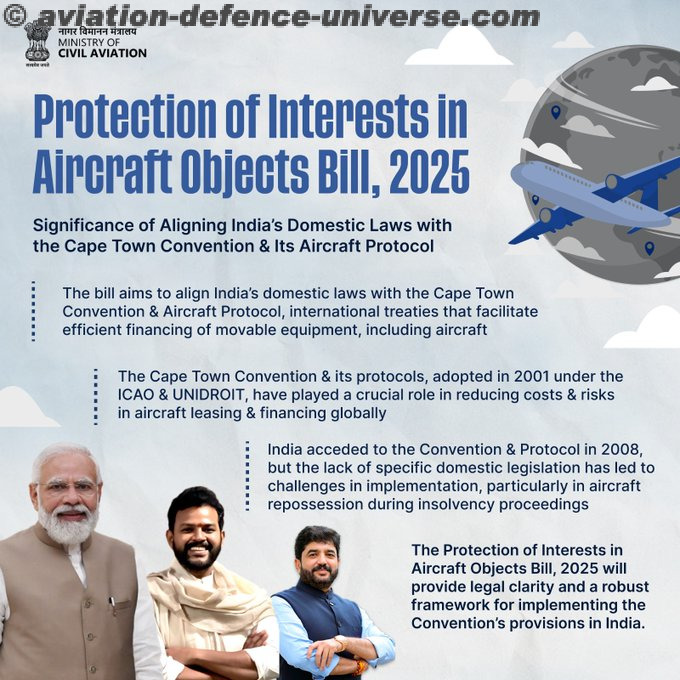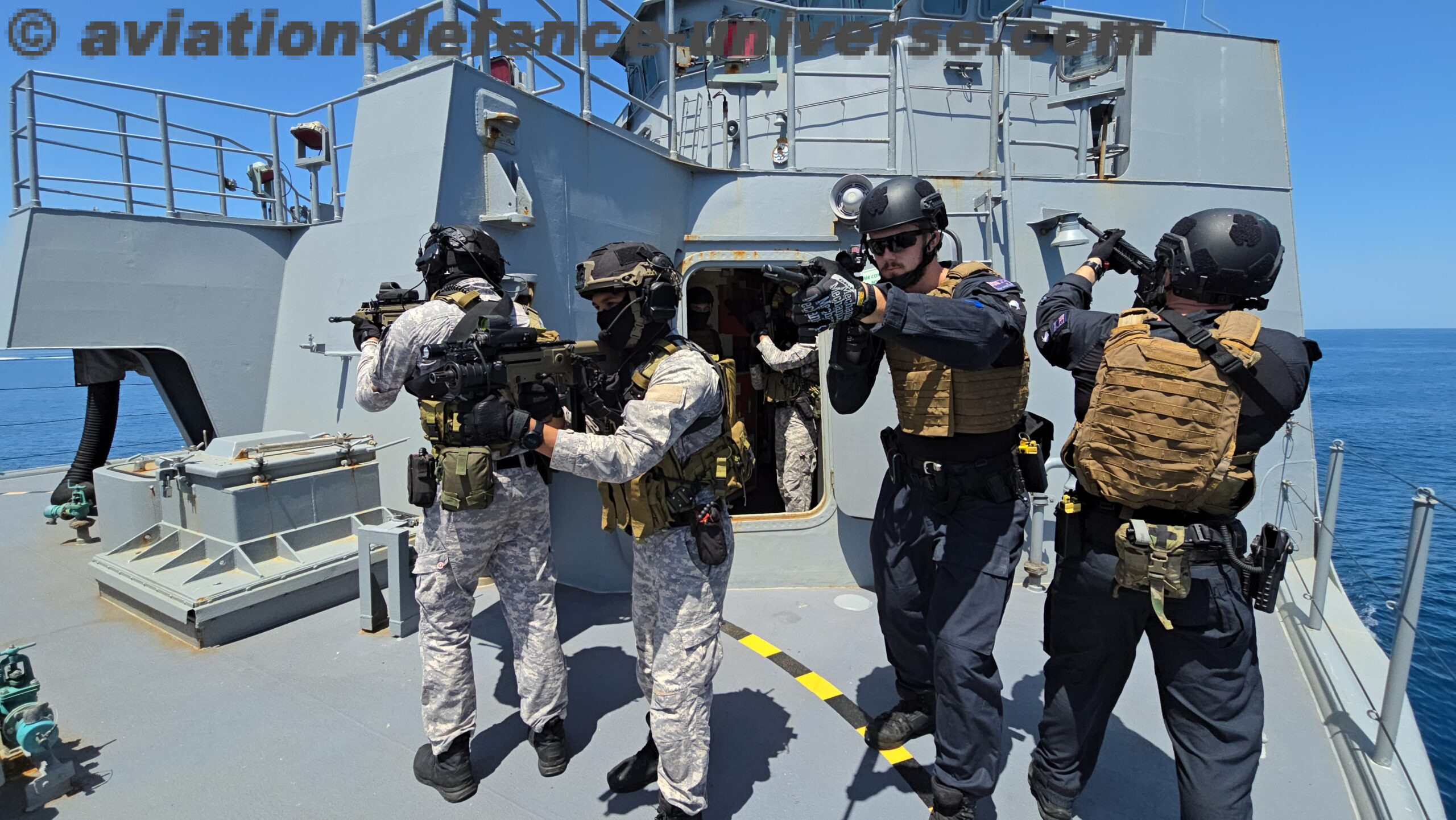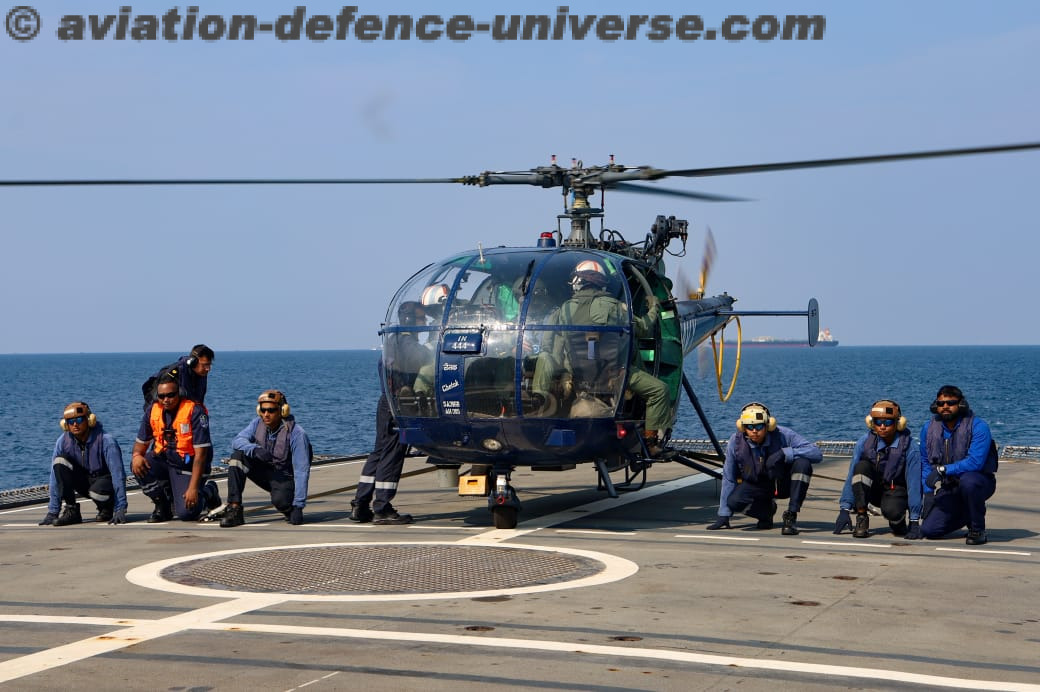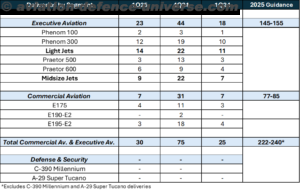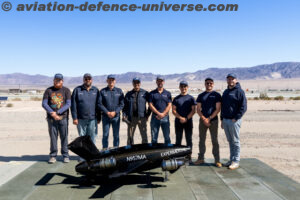Toronto, Canada . 09 October 2024 . New Horizon Aircraft doing business as Horizon Aircraft , a leading hybrid electric Vertical TakeOff and Landing aircraft developer, believes the fan-in-wing technology it is using for its Cavorite X7 is ideal for military aviation operations that require operational flexibility, reduced noise signature, speed and access.
Brandon Robinson, CEO of Horizon Aircraft said: “The Cavorite X7’s robust technology of fan-in-wing means its rotors are not only protected, but they also reduce the noise signature over an open rotor design, two features that should appeal greatly to the military.”
Horizon Aircraft believes there are three main military roles the Cavorite X7 could be considered for:
Medical Evacuation. Speed is essential here. The ability to move a casualty to a primary point of care within the ‘golden hour’ is vital. For example, the MV-22 has saved many lives and the Cavorite X7 could do the same but would use fewer military resources being a smaller aircraft, properly sized for casualties and medical personnel.
Insertion/Extraction. The Cavorite X7 has capacity for six passengers in civilian guise. It can carry four passengers fully equipped for military use –the ‘standard makeup’ of a reconnaissance or special operator team. This, coupled with the significant noise reduction over open rotor aircraft, makes the X7 ideal for covert or discrete operations.
ISR (Intelligence Surveillance and Reconnaissance). With the USMC adage of ‘every platform a sensor’, the Cavorite X7 as a turboprop aircraft has the power (est. 100kW) to support multiple sensors to provide overwatch for the ‘warfighter’. It can loiter in ‘wings-closed’ mode for a significant amount of time.
Brandon Robinson added: “Military budgets are increasing at a time when there is a growing focus on how to enhance military aviation capabilities, while reducing their environmental impact. As the eVTOL sector rapidly evolves, it will play a growing role in supporting military operations, and we believe that our Cavorite X7 is well positioned to capitalise on this.”
Horizon Aircraft’s Cavorite X7 aircraft will have a gross weight of an estimated 5,500 lbs with a projected useful load of 1,500 lbs. With an estimated maximum speed of 250 miles per hour and an average range of over 500 miles with fuel reserves, Horizon believes that this experimental aircraft, if eventually licensed for commercial use, would be well-positioned to excel in medical evacuation, critical supply delivery, disaster relief, and special military missions. The Company believes that the proposed aircraft would also be attractive for Regional Air Mobility – moving people and cargo 50 to 500 miles.
Unlike many in its category, the Cavorite X7 is being designed with a hybrid electric power system. The Company is designing the Cavorite X7 such that it could, after its vertical takeoff, re-charge its batteries enroute when it is flying in a configuration like a traditional aircraft. After a vertical landing and completion of a mission, the Company is designing the Cavorite X7 to recharge its own battery array with no ground charging infrastructure required to be ready for its next mission.
Phil Kelly, Senior Vice President Business Development said: “The Cavorite X7 is the aircraft commandos have been waiting for. A low acoustic signature, long-range, high-speed insertion aircraft right-sized for discrete commando missions while also capable of air portability and ship borne operations with the wing fold. It is affordable, maintainable and less expensive to operate which will allow even modest military budgets to get real value for money and governments to get real return on investment. Used in the ISR role it can host airborne radars and other payloads that have significant power demand. It is a brilliant design that has real growth potential.”
Horizon believes that its innovative approach and technology will allow the Cavorite X7 to fly 98% of its mission in a very low-drag configuration like a traditional aircraft. The Company believes that flying most of the time as a normal aircraft is also safer and will make the aircraft easier to certify than other radical new eVTOL designs. The Cavorite X7 will be powered by a hybrid electric system that will recharge the battery array in-flight and post-flight, while also providing significant system redundancy. The Company is continuing the testing of its 50%-scale aircraft that it believes will reduce technical risk moving forward as it continues to develop its full-scale aircraft.
















